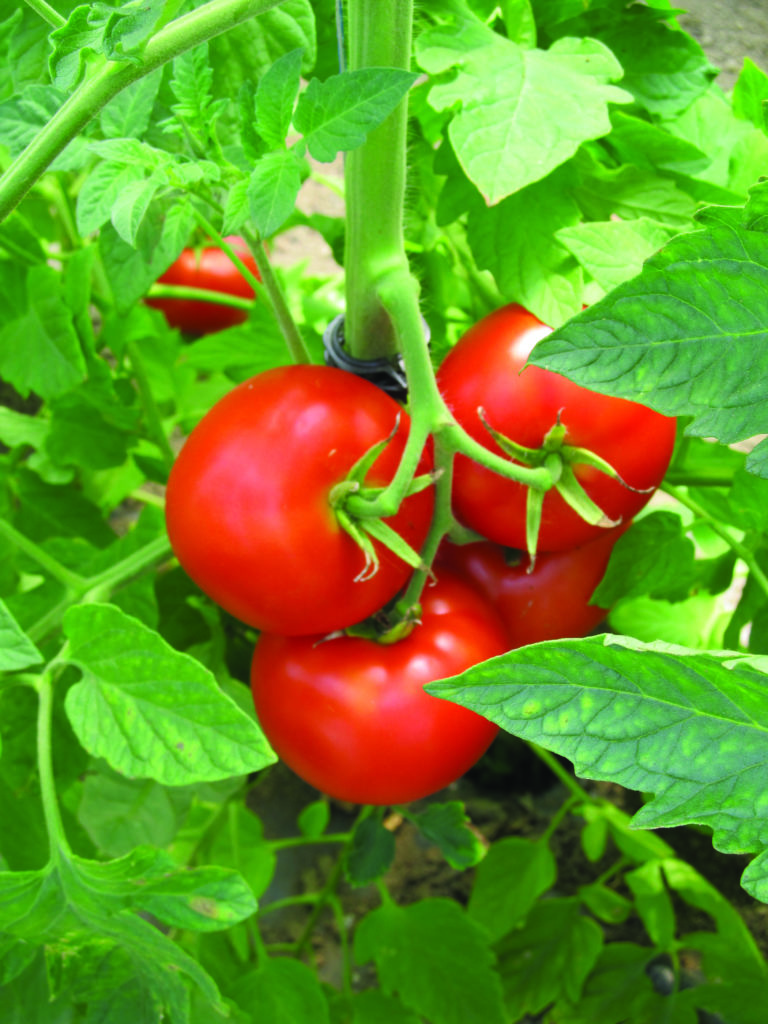Jul 15, 2021Florida Tomato Exchange cites ‘erroneous claims’ by FPAA
Despite “erroneous claims “by the Fresh Produce Association of the Americas, the Florida Tomato Exchange hasn’t proposed any changes to the Tomato Suspension Agreement.
“The Florida Tomato Exchange (FTE) is only asking the Commerce Department to enforce the agreement by rejecting the Mexican tomato industry’s efforts to rewrite a key part of the reference price provisions by using terms from the terminated 2009 and 2013 agreements,” FTE said in a news release.
“The new reference price terms were specifically included by commerce in the 2019 Agreement to provide for stronger enforcement. The 2019 agreement – in conformity with the Antidumping statute – allows all expenses incurred in Mexico to be included in the reference price but requires that all expenses incurred on the U.S. side of the border to be added on to the reference price. If the Mexican industry is unhappy with this new language, they shouldn’t have signed the agreement in 2019. Indeed, they are free to leave the agreement whenever they like,” the release stated.
“As President Biden has said: ‘Strong trade enforcement is essential to making sure our trading partners live up to their commitments and that U.S. trade policy benefits American workers, manufacturers, farmers, businesses, families, and communities.”’
“For some reason, the Fresh Produce Association of the Americas (FPAA), which represents importers of Mexican tomatoes, does not want to support strong trade enforcement, but is instead advocating to rewrite the terms of an existing agreement,” FTE said.
“Most egregiously, the FPAA is attempting to scare the entire produce industry into believing that the Tomato Suspension Agreement will somehow alter the meaning of “FOB” for the industry at large. This is dishonest. The Tomato Suspension Agreement only applies to imported tomatoes from Mexico and has absolutely no bearing on any other segment of the produce industry. For example, the agreement establishes reference prices (i.e., floor prices) for Mexican tomato imports. Does that mean other imported products from Mexico, or other domestically grown fresh produce, are subject to floor prices? Of course not. The agreement is a negotiated settlement to suspend an underlying dumping case against Mexican tomato imports. It only applies to Mexican tomatoes. ”
“The FTE is not seeking a renegotiation or change to the 2019 agreement. We simply want the language and rules to be enforced as they were written and agreed to in 2019 by the Commerce Department and the Mexican tomato industry,” said Michael Schadler, executive vice president of the Florida Tomato Exchange. “Otherwise, this agreement will fail like all the others before it.”
The member companies of the Florida Tomato Exchange produce over 90 percent of the tomatoes grown in Florida and are among the largest producers of tomatoes in California, Georgia, New Jersey, Puerto Rico, South Carolina, Tennessee and Virginia. FTE member companies produce approximately 50% of the fresh-market tomatoes grown in the U.S. The FTE is the domestic petitioner in the antidumping case against fresh tomatoes from Mexico.















